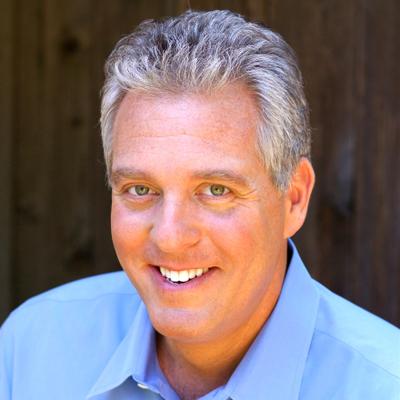Here’s a nightmare scenario:
The cameras are rolling, and everything so far has gone well in your news interview. Then, the reporter asks an unexpected question. Not only does the question throw you for a loop, but it seems designed to paint you in a bad light. You struggle to answer, but as soon as you finish you are hit with another question, and another after that. If you don’t keep your cool, you could be facing an avalanche of bad publicity. This doesn’t necessarily have to be the case though. By knowing how to handle pressure and difficult questions, you can gain the upper hand and interview confidently. Here’s how:
Anticipate the Worst
It’s an oversimplification to suggest that reporters “love” bad news. They don’t. But drama drives a story (any story; a child’s bedtime story, a Hollywood movie, a news story). And drama, unfortunately, is usually bad. This is why you won’t typically see a news story about a plane landing safely at the local airport, unless the plane happened to be on fire when it landed. If your story has any drama to it, you can expect the reporter to be disproportionately attracted to that part of it. So prepare!
The first –and often simplest—task you should undertake before any interview, is to anticipate the most predictable questions. Ask yourself whatyouwould ask if you were the reporter covering this story. The tougher the queston, the more important it will be to anticipate. Once you come up with a list of these questions, develop strong, message-oriented responses. Don’t “think on your feet” in front of a reporter; do your thinking in advance. Buy the time the questions start coming, you should practically be on autopilot.
Walk Over the Bridge
Some politicians are natural media communicators (and far too many are not). Watch the good ones as they take a negative question, aknowedge it, and then gracefully transition into a positive message using phrases such as “But what really concerns me is…” or “An even more important question is…”. It’s a process called bridging, and it is a cornerstone of media training. Bridging can be used to great effect in news interviews, debates, and town hall meetings. Some politicians do it so smoothly you barely notice they’ve changed the sunject. Others do it so poorly that they come off as slippery and evasive. Perhaps you’ve seen more of the latter than the former. Practice bridging for any type of hostile questioning (customers, clients, associates, and even spouses!).
Keep Your Cool
Often as not, when someone looks bad in an interview and gets run over by the reporter, it is because they get angry. When people get angry, they say things they later regret, and when this plays out on television or radio, careers can be ruined. So don’t get frustrated and lose your cool. If you and your counterpart are talking in circles, try your best to keep your voice down and confidently rebut their points. Stick to the facts! And always remember: Nothing gives an otherwise boring story better “legs” than having an interviewee come unglued and walk off the set.
Preparation is Key
Rarely will you be completely blindsided in an interview situation.There are a number of ways to prepare, other than the “anticpate the worst” technique mentioned above. Roleplay to practice questions with coworkers or your significant other. Cross-examine yourself. Your energy is important going into the interview. Don’t approach it like you’re on trial. Be proactive and positive, not reactive and defensive. Go in having good posture. Make calm,deliberate, natrural movements, and breathe. Your physiology is certain to affect your performance. Lebron James doesn’t slog out of the locker room with his head down and frowning, avoiding eye contact with everyone. He comes out confidently, and as a result, before he is even on the court,you can tell he’s a star.
Don’t work yourself into a panic attack before the interview even happens! Comfort yourself with the knowledge that most reporters are not hostile and most interviews go well. But if you think you might be up against the wall, it pays to prepare and consider the motivations of the reporter who will be interviewing you. As long as you keep your cool, deliver your messages, and have a basic understanding of the media, you can take advantage of the tremendous PR opportunity presented by the typical news interview.
Image: Pixabay

Mark Bernheimer is a former CNN correspondent (1995-2000) and the founder of MediaWorks Resource Group, an internationally renowned media training and consulting firm.







